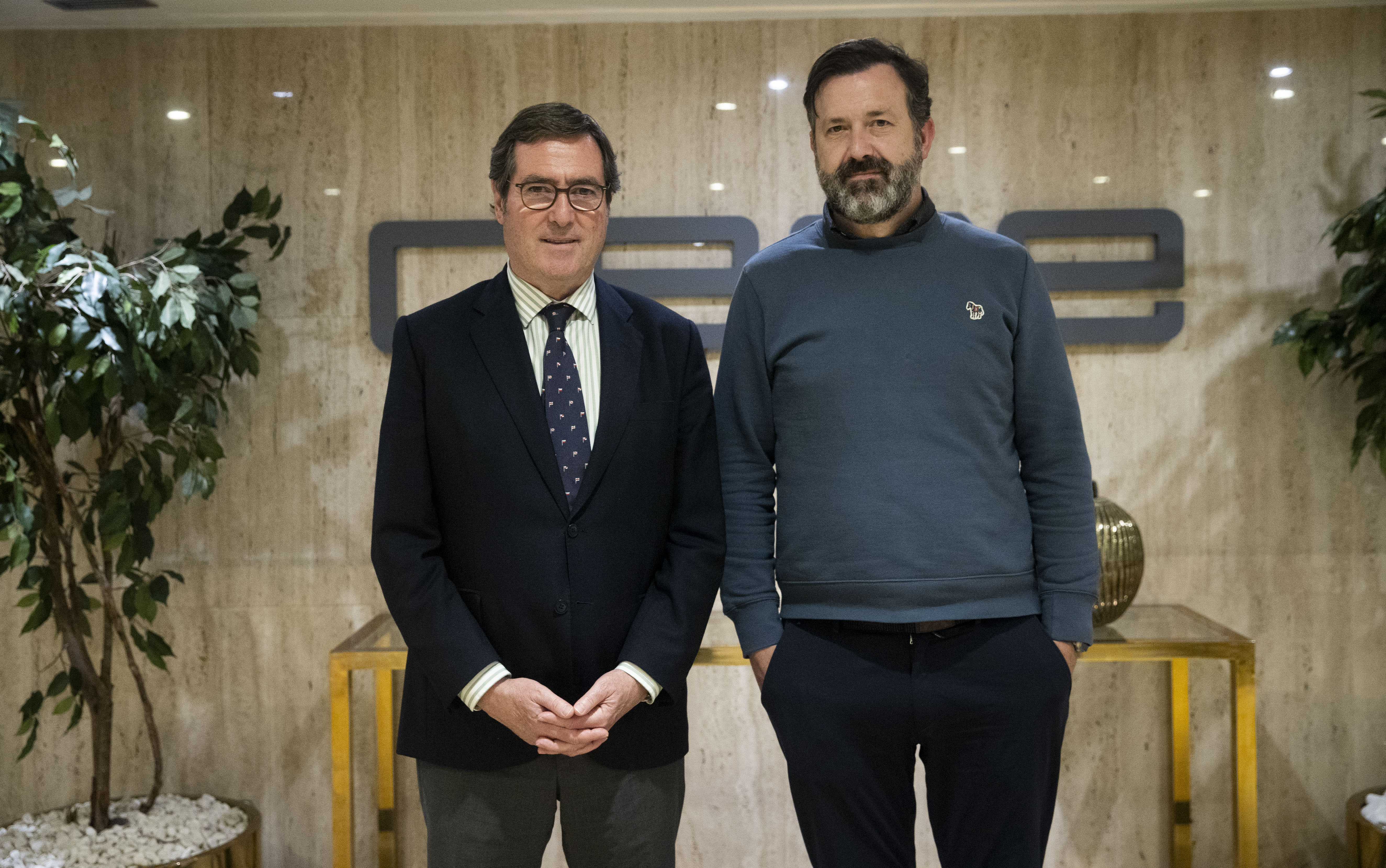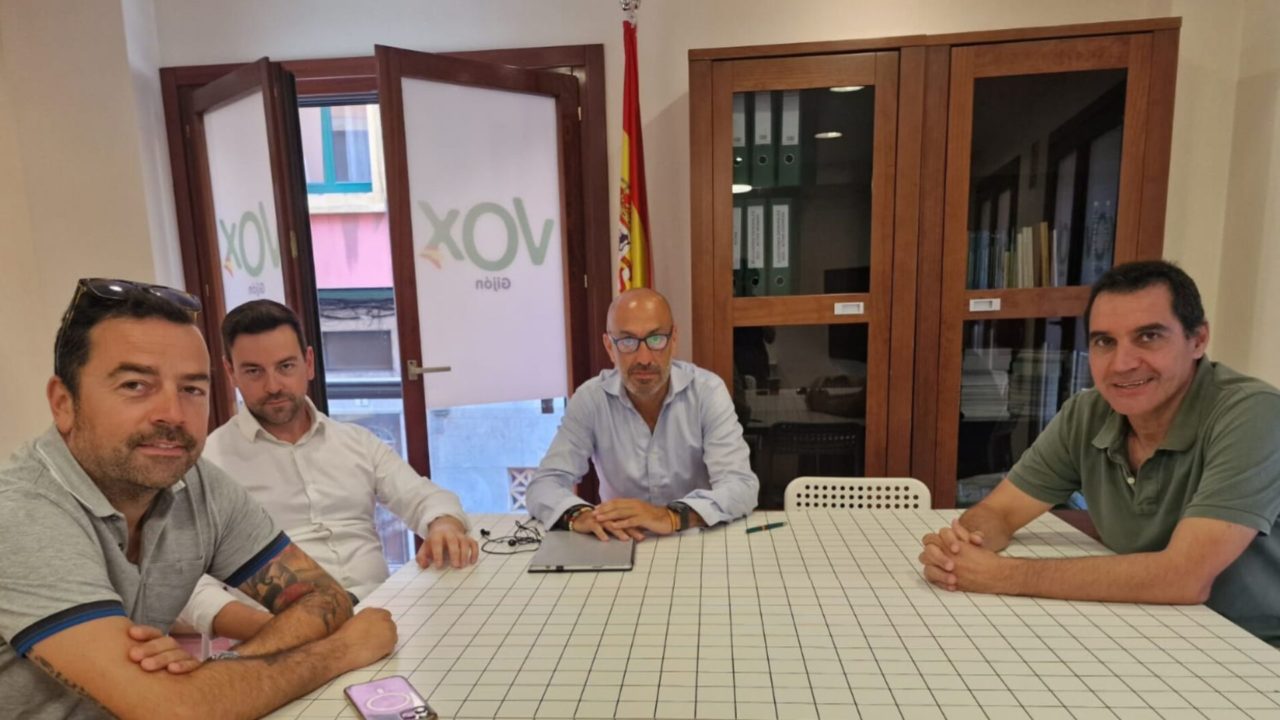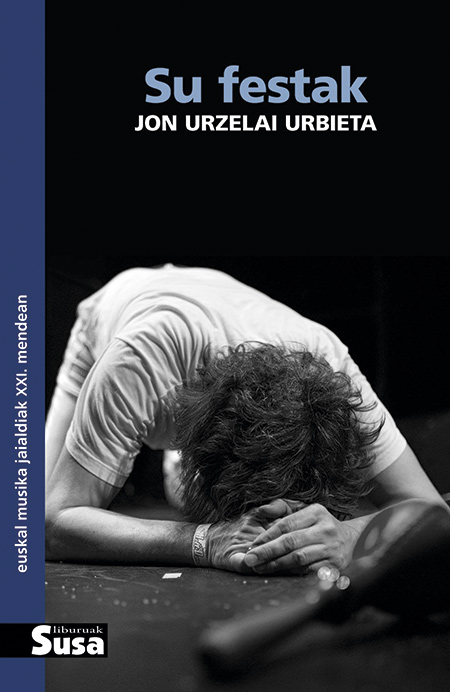Macrofestibals: Can't take the measure to eucalyptus
- On the eve of the festival, within the Summer Courses of the UPV/EHU, two days have been held in the Dabadaba room, in the district of Egia. In addition to several musicians, the organizers of different macrofestivities have also approached, who have participated as rapporteurs and have come to listen to the attendees.
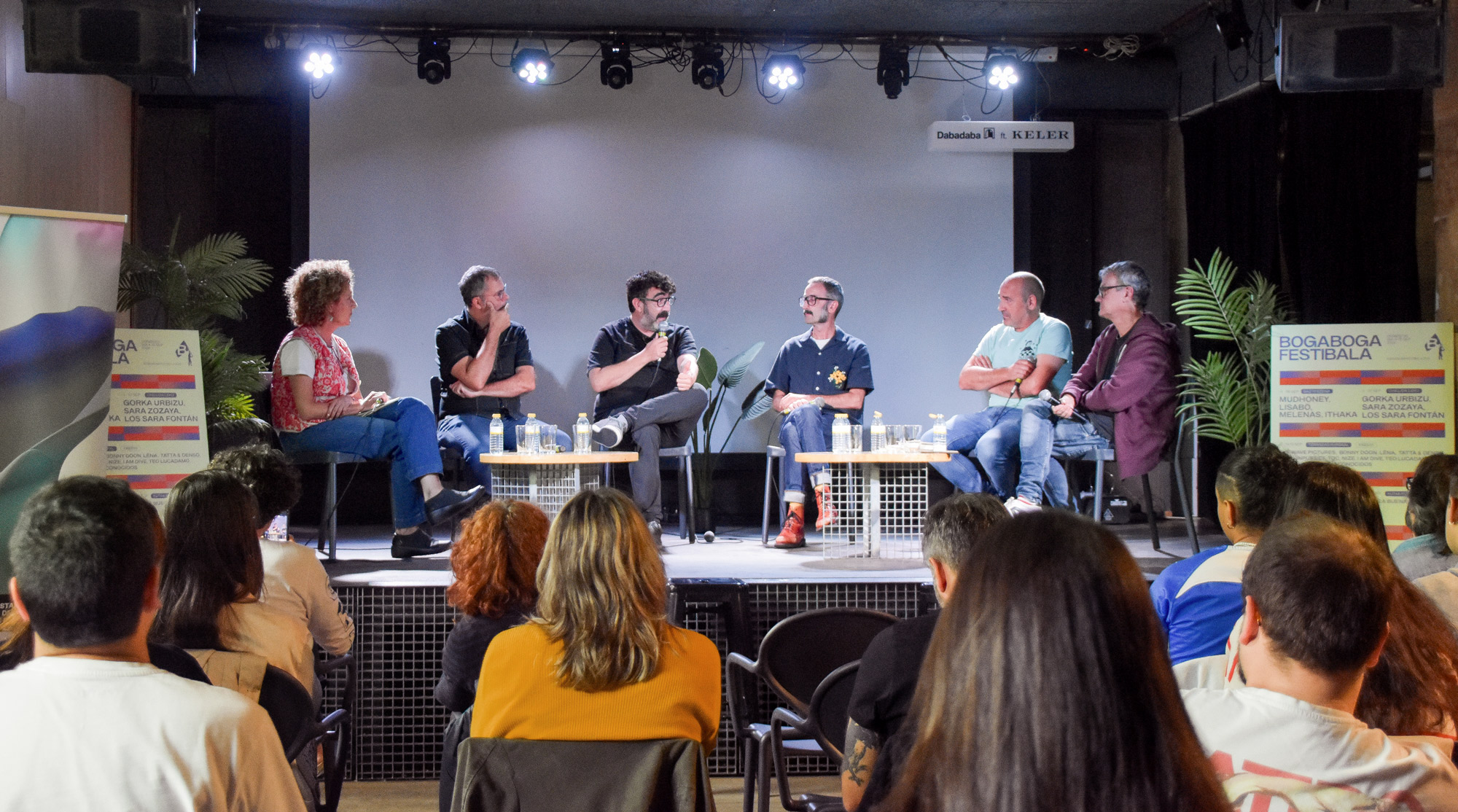
Macrofestivities work like eucalyptus,” said journalist and Macrofestivals Nando Cruz. The Black Hole of Music (Macrofestibalak. The black hole in music) is critical of macro formats, as they are, above all, a way against sustainability, and is having excessive growth.
Eucalyptus is able to grow rapidly. It's a good business in the wood industry, because it gives a lot and a lot of life. But he also eats the area, as he needs a lot of water and a lot of nutrients. The same is true of the format of the macrofestivities: speaking in terms of cultural understanding, usurping the land, they are able to remove the trees from the area.
How do they harm the environment? With what gives capacity for everything in this society – almost – with money. The companies of Macrofestibal offer large numbers to musical groups in exchange, among other things, for an exclusive contract, that is, you cannot offer concerts in a certain period of time and within a radius of distance. With this way of putting limits on groups, the goal is to reduce the range, that the festival is the only way to see the favorite group this summer.
It's not a American thing, it also works like this in Euskal Herria. Eusebio Beloki, from the cooperative Kulturaz, which manages the cultural center San Agustín de Azpeitia, confirmed this in the round table of these days. It is becoming more and more common for musical groups to be called and rejected, as in several weeks or months they play in that place. This is how everyday life is becoming, according to Beloki, and has taken into account the Plateruena de Durango, Beikozini de Ondarroa and Doka del Antiguo de Donostia: “It’s no coincidence that it’s closed.” By the way, Beloki takes this opportunity to appeal to musical groups to reflect on the current situation.
Catalan journalist Cruz has set the example of Sant Feliu de Guíxols, a town in which she resides. It is a coastal town in Girona, with a population of 22,000 inhabitants, in which the macrofestival Porta Ferrada has been organized for years. Before all this was compatible with another festival organized by the citizenry, in which the musical groups of the locality were the protagonists – it is a town with a great fondness to music, according to Cruz. “He ate completely,” Cruz said. This local festival is no longer organized. The City Council has allocated the items for this area to the macrofestibal.
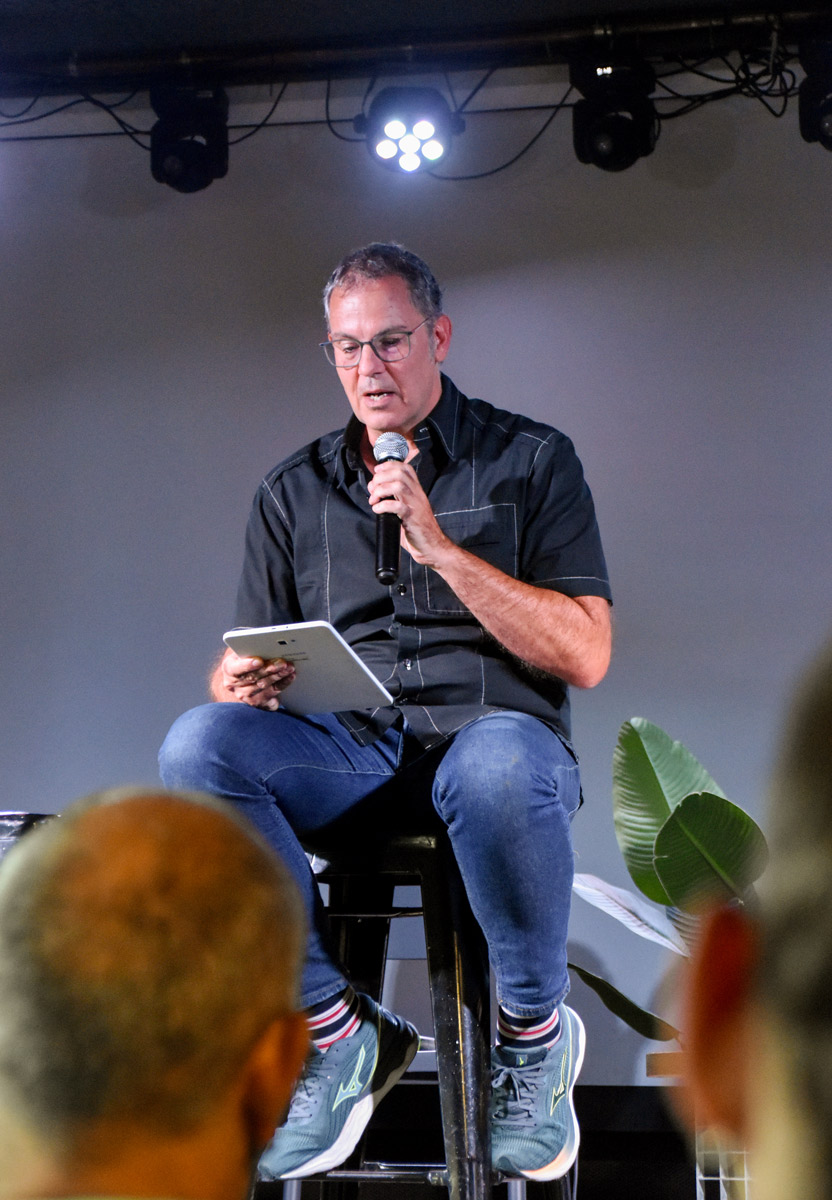
Let us continue with the
people of San Feliu de Guíxols, which gives significant examples. The issue goes further; it's not just that it stopped giving money to that local festival and focused on the other. The Anti-corruption Office of Catalonia is investigating the action of the City Council of the Catalan capital in this case. In fact, each year, the City grants a grant of 33,000 euros to the macrofestibal Front Ferrada – in a village of 22,000 people there is so much money a year to the same company. Cruz, for example, has taken Barcelona: in the city at least a dozen major festivals are organised and, compared to San Feliu de Guíxols, the city council brings five times more money, that is, much less per inhabitant, since in Barcelona they live 1.7 million.
The “excuse” of economic impact is often the argument used by administrations. It is well known that the macrofestivities are organised with the intention of attracting tourists, and it is not necessary for foreign tourists to organise themselves, but also those around them. But tourists. Accommodation, consumption of bars and restaurants, taxis... These are the variables that administrations use to calculate the “economic impact”. It's a trap. Despite the income, it is not distributed among the population, what it is! If the citizen working in any non-tourism sector lives close to one of these macro-festivities and suffers directly from noise – and other – pollution, what economic impact are the political authorities and the organising companies acting when they say “it has gone well”?
Several people who organize the
festivals have participated in the “Don’t Miss Your Perspective” Conference. They have asked the rapporteurs for advice, especially the expert and experienced Joan Vich, discography musician, world tour organizer of musicians and programmer of the FIB, one of the most important festivals in Spain. He has asked them not to lose the “initial perspective”.
Questions for reflection by the organizers of Macrofestibal: Does your festival serve to overcome socio-economic barriers? To promote culture? To promote identity? To rocket?
Vich writes the book Here I lived (Here I lived). The FIB refers to the famous festival when it says "here". It is a macrofestibal that has been held in the Valencian town of Benicàssim since 1995. He recalled the sweet moments of the beginning of the festival, but he did not say the same thing of what it is today – he no longer works for the festival –: “if you have a capacity of 6,000 people and the entrances are exhausted immediately, feeling the pressure to grow is normal. Why are you not going to make 10,000 next year? And when I've spent them, the next time more... I try not to criticize those who have decided to grow, because I understand that it is the system itself that has driven them to it.”
And it's gone deeper into the FIB. “Then I saw that from the very beginning there was the intention to grow. The creator and chief ideologist of FIBs saw what was coming, and left his responsibilities 25 years ago. Then a plan was put in place to move the area and grow a lot. Of course, if you want to compete with the best, you have to decide to grow; if you don’t grow, who has decided to grow will take the musical groups you wanted to bring, because it has the ability to pay more; and, at the same time, institutions will give more money to whoever can attract more tourists.”
Cruze and Vich have stressed that the organization of the festival should also be present for many reflections: Does it help overcome socio-economic barriers? To promote culture? To promote personal, popular or collective identity? And to rocket?
Cruz sets an example. He told the audience: “Maybe it’s an end to you.” Ribera de Pamplona. Music from New Orleans and Brass Band. They organized it on their own, and later they said yes to the City Hall money. But not in order to “grow” and “grow”, but to answer the questions indicated in the previous paragraph in an affirmative manner, trying to meet the needs of the people and the people.
Summer comes and with it the popular festivals of towns, neighborhoods and cities. Festivities have always been the refuge of social and political demands, neighborhood relations and popular euphoria. They take our streets and for a few days they are an example of... [+]
On April 30, the Spanish businessman CEOE hung this picture on the networks: on the left is Antonio Garamendi, son of Getxo president of the CEOE, and on the right is the bilbaíno Alfonso Santiago, head of promoter Last Tour in the world of music festivals, member of the Basque... [+]
They pray to us and say that he is a Sirimiri. Because Bilbao BBK Live cannot be understood as such. In the same pack travel Mediateka BBK, BBK Kuna, BBK Sala, BBkatea at the Museum of Fine Arts, Bilbao Bizkaia Pride, BBK Klima, BBK Ja! The Bilbao Prize, the white card BBK, the... [+]













